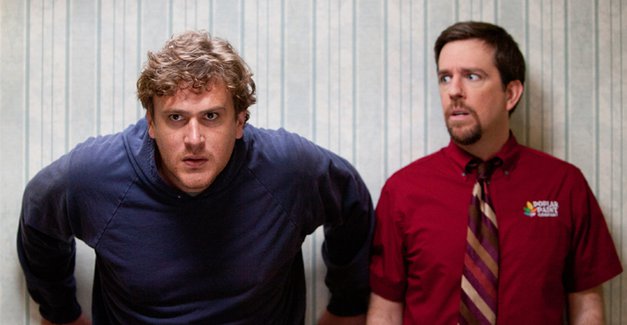“What’s an Applebees?” Hedge fund CEO Robert Miller is so out of touch with the world and with himself that he can deliver a hilarious line like this and still be snidely condescending. He’s the anti-hero of “Arbitrage,” a character drama about a scummy guy with a lot of money and nothing to do with it.
Robert’s (Richard Gere) company Miller Capital is currently involved in a multi-million dollar fraud scheme as he tries to arrange a merger and avoid bankruptcy. It’s clear he has to get this merger, but the dialogue is strictly jargon, and at the end of the day, his need to get money and meet the bottom line seems self-serving.
But he’s also a fraud at home. Upon coming in late to his own birthday party, he grabs a stuffed animal and a package from a servant to hand to his grandkids as he walks in the door. When his family brings out the cake, he acts humble and surprised but has a speech in his back pocket.
And that’s not the worst of it. Robert is cheating on his wife Ellen (Susan Sarandon) with a young artist named Julie (Laetitia Casta). After missing her art show and upsetting her, he proposes the two of them drive off and vacation for a few days. But behind the wheel, Robert falls asleep and gets into a wreck that kills Julie. Fearing that he’ll be revealed for having an affair, he leaves the scene and peculiarly uses a payphone to call Jimmy (Nate Parker), a young black man from Harlem, to pick him up. The detective assigned to the accident (Tim Roth) then tries to pin obstruction of justice to Jimmy as a way of getting to Robert, and his resolve as a person is tested in his effort to stay clean.
The assumption would be that by the end of this mess, Robert will either be punished, learn the error of his ways or we as an audience will come away with more fodder for the class warfare argument. But writer/director Nicholas Jarecki has made a character drama first and a thriller second. “Arbitrage” is not a message movie. It observes how a man who for so long has been operating on earning more and more and staying that way can ultimately think no differently.
Gere is on fire in one scene where he talks about a copper mine that is such a sure thing that it is practically printing money. He comes across as so effortlessly indoctrinated by the idea that he can’t even begin to question the consequences. Gere is so cool and charming that he makes it hard for us to accept how heartless his character is. We want him to succeed, and we’re wrapped up in what will happen.
“Arbitrage” loses some points for not fully developing Robert’s wife as a tragic figure in this household, and it potentially has so much to say about these one percenters but holds its tongue beyond a few comments by Roth’s detective.
And yet there’s a beautiful shot where Robert steps into an elevator and lights flicker red like a devilish halo just above his head. “Arbitrage” distances itself from this besmirched man, but it’s riveting as if we’re drawn in at the sight of the Almighty Dollar.
3 stars
